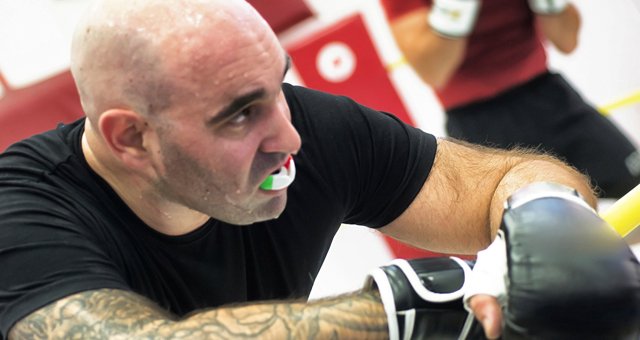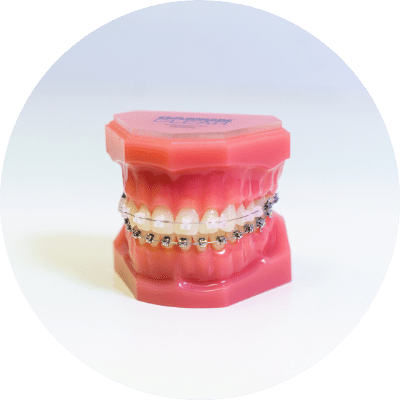Mouthguards

If you play a contact sport, and a lot of Aussies do, you risk injuring your teeth.
Many sports have a risk of contact and therefore serious dental injury. These sorts of injuries are often difficult to treat, and often involve a lifetime of expense.
The damage done
Mouthguards can protect you from some serious sporting injuries, such as broken jaws, fractured, cracked or knocked-out teeth, cut lips and tongues.
And you don’t just have to be playing obvious contact sports like rugby union, rugby league, AFL, hockey and boxing to sustain those kinds of injuries. Even non-contact sports like cricket, basketball, netball, touch football, skateboarding and soccer, carry a real risk of accidental collision and resulting dental trauma.
How a mouthguard works
A custom-fitted mouthguard works by absorbing and spreading the impact of the damaging blow and is fabricated based on an impression of your teeth and jaw taken by your dentist.
A mouthguard that is custom-fitted by your dentist is far superior to an over-the-counter mouthguard because it’s specially designed to fit the exact contours of your mouth, is resilient, balances your bite and allows speech and normal breathing. If properly used, stored, and checked by your dentist every year, a custom-fitted mouthguard should last several seasons.
In contrast, self-fitted, over-the-counter mouthguards, which include what are commonly known as boil-and-bite mouthguards, should not be used. They do not protect the teeth, are loosely fitted, impede breathing and speaking, and can even wedge in the back of the throat at impact which could be life-threatening.
Wearing a custom-fitted mouthguard
Custom-fitted mouthguards, by virtue of their exact fit, let you talk normally, don’t restrict your breathing and stay firmly in place, allowing you to concentrate on playing the sport you love. You should consider it a mandatory part of your sporting equipment, no matter your age or experience.
To keep your mouthguard in tip-top working order, you’ll need to keep it out of the sun, wash it in cold water after use, keep on the supplied plastic model cast and get your dentist to make sure it’s still OK when you go in for your regular check-ups.
Only dental professionals can design and manufacture a custom-fitted mouthguard that provides adequate protection.
For tips on dealing with dental trauma, click here.
Read the original article here.
Services We Mentioned
Related Articles
Common Causes of Bad Breath
Bad breath is usually caused by poor dental habits, infections, the foods you eat and unhealthy habits such as…
How to Eat Your Daily Vitamins and Minerals
Though the morning chewable may be tasty, to get the recommended amount of vitamins and minerals every day…










